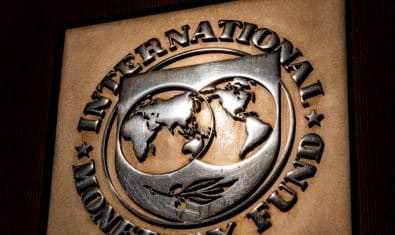Our digital presence has become an integral part of our lives. Who can do without an email address or at least some social media activity, right?
But have you ever given thought to what should happen to your accounts after you die? Definitely a tricky subject, but one worth preparing for!
You need to ensure your accounts end up in the right hands after you pass on, especially if you have important data hidden away in your inbox and you want your heirs to have access to your emails.
Here’s what you can do to ensure just that, considering specific company policies in this regard.
Google
You can add up to 10 individuals who will be notified if your Google accounts – including Gmail and Google Drive – have been inactive for a while. Your nominated friends and family members will be able to download data from your accounts for three months.
To utilize this option, log in to your Google account, and set up your Inactive Account Manager. You will need to provide the following details.
- Your mobile number, and an optional email address
- Timeout period, which could be 3 months, 12 months, etc.
- Up to 10 ‘trusted contacts’ who will be notified if your account becomes inactive for the stated length of time
- The type of data to be shared with your contact(s)
- A typed email that will be sent to your contact(s) when your account expires
Microsoft
Microsoft email accounts include Hotmail, Live, Outlook, and MSN. Your family members will need to go through Microsoft’s ‘Next of Kin’ process to access your account data. To do so, your next of kin will need to send an email to [email protected], providing proof of your death and their relationship to you.
After verification, Microsoft will release your account data, including emails and address book, to your next of kin.
Facebook allows you to select a ‘legacy contact’ who will be able to post a pinned post to your timeline, respond to friend requests, and update your profile picture. However, they cannot sign in to your account or see your private messages.
Twitter’s policy does not allow anyone access to the deceased’s account. However, a close contact can request deactivation of the deceased’s account by using Twitter’s privacy form, which involves providing a copy of the death certificate.
Close contacts can request the Instagram account of the deceased to be ‘memorialized’ by using this form. Memorialized accounts remain visible, but cannot be logged onto or changed.
Password Managers
As you can see, none of these platforms provide your heir with full access to your online account. So, if you want your trusted contacts to have unrestricted access to these after you die, then it’s best to use a password manager with a legacy feature, such as LastPass or Dashlane. These password managers let your contacts request access to your password vault and access is granted to them unless you restrict it within a certain period of time.
via: cnet.com
Photo credit: PBS




























Did not know about it before. Thanks for sharing it.
indeed a worth sharing post, was unaware of this feature … ty
Very informative and must know information, It was not known by me. Thanks for sharing.